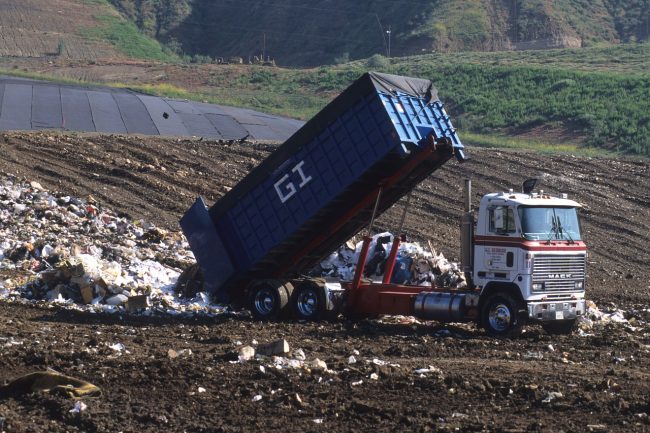What is Meant by Leachate
The production of leachate is a big problem in municipal solid waste landfills and poses a major threat to surface water and groundwater. Leachate can be defined as a liquid that passes through a landfill and extracts dissolved and suspended matter from it. Leachate is produced when water (rain and from waste) enters and crosses sediment which is also decomposed during the process. Leachate Wastewater Treatment Solutions are designed to solve this problem.
If the discharge of leachate and gas is not controlled, solid waste landfills may have a serious impact on the environment. The leachate produced by municipal waste landfills contains a large amount of organic and inorganic pollutants.
The leachate may also contain high concentrations of metals and some harmful organic chemicals. The removal of organic substances based on chemical oxygen demand, biochemical oxygen demand, and ammonium from the leachate is the usual prerequisite before the leachate is discharged into natural reception points.

The composition of the leachate from the transfer station may depend on many factors, including the degree of compaction, waste composition, climate, and moisture content in the waste. Generally, the leachate is characterized by high COD, pH, ammonia nitrogen, and heavy metals, as well as strong color and unpleasant odor. The characteristics of the leachate also vary with its composition and volume, and the biodegradable substances present in the leachate. All these factors make the treatment of leachate difficult and complicated.
Currently, the large majority of landfills taking care of their effluents perform their treatment with membrane technology (ultrafiltration and/or reverse osmosis), most of the times applied directly over raw wastewater, generating huge operating costs with membrane clean-in-place operations, membrane replacement (sometimes weekly), anti-scaling agents and even worse huge amounts of reject flowing back to the landfill, increasing the amount of effluent to treat.
Leachate Wastewater Treatment
This vicious cycle can have an end by pre-treating leachate before feeding the membranes, which are still required to reduce salinity and allow for reject compliance.
Given our experience and knowledge in the market, we can solve problems caused by high salinity and heavy organic loads in these wastewaters. Applying an advanced oxidation process to those effluents, as a pre-treatment step is the most viable option, either technically and from its efficiency and adequate economic balance. This solution allows for the degradation of components dissolved in water, which will no longer stress the downstream membranes, allowing for lower power consumption (less osmotic pressure), a longer membrane lifetime, lower clean in place operations frequency, thus smaller reject flowrate, lower initial Capex on membrane systems, lower maintenance and replacement operations. If required, downstream this process, a complementary biological treatment will take its place to digest the remaining organic load, benefiting from an easier effluent to digest (thus with smaller footprint) as larger molecules have been disrupted in the initial advanced oxidation process.
Drastic reductions in OPEX will payback for the complementary investment in advanced oxidation technology. The overall balance will be dramatically positive:
- Electrical Conductivity – an average reduction of 20 to 30%
- Greases, fats, and hydrocarbons elimination (emulsion break) – more than 90%
- COD reduction up to 70-80 % (huge effect in downstream UFs and ROs)
- Heavy metal elimination without pH control nor chemicals dosage
- Hardness reduction from a salt combination
- Chloride reduction combined with hydroxide (disinfectant potential)
- Sulfate reduction down to precipitation level
- Fluoride reduction up to 99%
- Silica reduction up to 80% (huge scaling problem reduction effect)
- Sr reduction up to 99%
- Boron reduction up to 99%
Click to gather more information about this leachate wastewater treatment solutions
